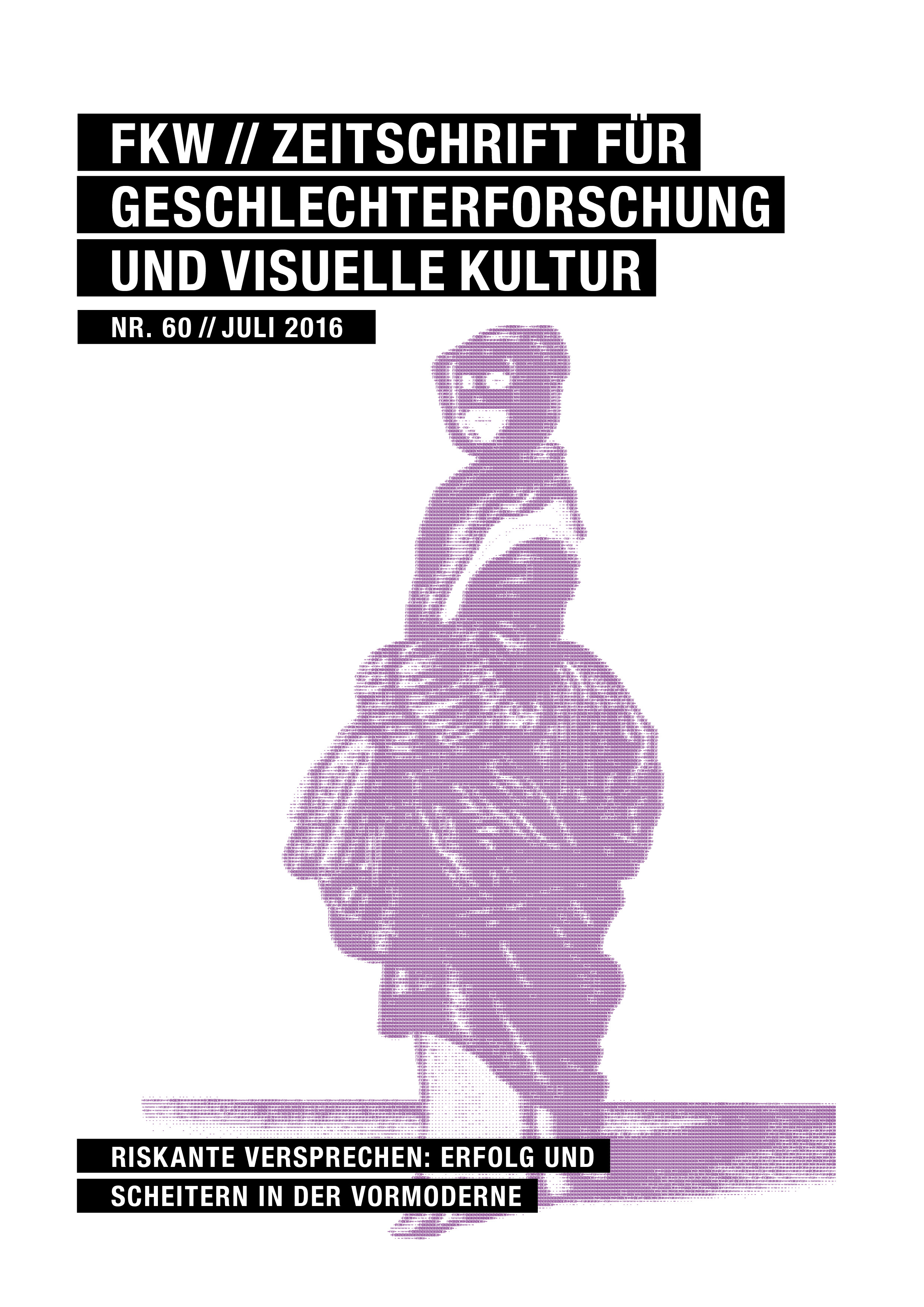Smarte Unternehmer, ausgegrenzte Versager: produktives Scheitern im 15. Jahrhundert?
DOI:
https://doi.org/10.57871/fkw6020161373Abstract
In late medieval economy, failing was as much a social as an economic process. The story of the hanseatic merchant Hildebrand Veckinchusen (ca. 1365-1426) shows how his network of family members, friends, and business partners on the one hand enabled him to be successful as a merchant. On the other hand the same network deployed its social power against him once he had run into problems: As his potential new investors had to stem from the circle of his old partners, they all knew his fate, and they all informed each other about his shortcomings. So Hildebrand had to borrow the money he needed from outside his network from an external creditor. His friends would have been able to defer the return of his loans (as they knew how to keep track of him), whereas the external creditor could not and thus put him in prison as an insolvent debtor. His friends offered help only on the condition that Hildebrand did admit his faults and listened to their advice, but he refused. But Veckinchusen’s network demanded control of his decisions and affairs in which the social an economic sphere were intimately linked. Hildebrand didn’t perceive himself as failed, contrary to what his friends expected him to do. Thus he wasn’t allowed back into the network, which, to be successful, had to exclude failures such as Hildebrand Veckinchusen.
Downloads
Veröffentlicht
Ausgabe
Rubrik
Lizenz
Copyright (c) 2016 FKW // Zeitschrift für Geschlechterforschung und visuelle Kultur

Dieses Werk steht unter der Lizenz Creative Commons Namensnennung - Nicht-kommerziell - Keine Bearbeitungen 4.0 International.
Die Autor_innen behalten das Copyright und treten keine exklusiven Nutzungsrechte an FKW ab.
Ab 2017 erscheinen alle Texte von FKW // Zeitschrift für Geschlechterforschung und visuelle Kultur unter der LizenzCC-BY-NC-ND Lizenz 4.0 International (Creative Commons, Namensnennung, Nicht Kommerziell, Keine Bearbeitung 4.0 International). Der Lizenzvertrag ist abrufbar unter: https://creativecommons.org/licenses/by-nc-nd/4.0/legalcode.de, eine allgemein verständliche Fassung unter: https://creativecommons.org/licenses/by-nc-nd/4.0/deed.de
Von 2013 bis 2016 sind alle Texte von FKW // Zeitschrift für Geschlechterforschung und visuelle Kultur unter der Digital Peer Publishing Lizenz (DPPL) erschienen. Der Lizenztext ist im Internet abrufbar unter der Adresse: http://nbn-resolving.de/urn:nbn:de:0009-dppl-v2-de3
Die Abbildungen in Ihrem Beitrag
Die Autor_innen verpflichten sich, die Abdruckgenehmigung für die in ihren Texten verwendeten Bilder bei der jeweiligen, die Bildrechte verwaltenden Institution einzuholen und die zuständige Herausgeberin über das Ergebnis zu informieren. Wir weisen darauf hin, dass die Verwendung von Bildern in wissenschaftlichen Texten gewöhnlich als Zitat angesehen und entsprechend kostenfrei gewährt wird.





